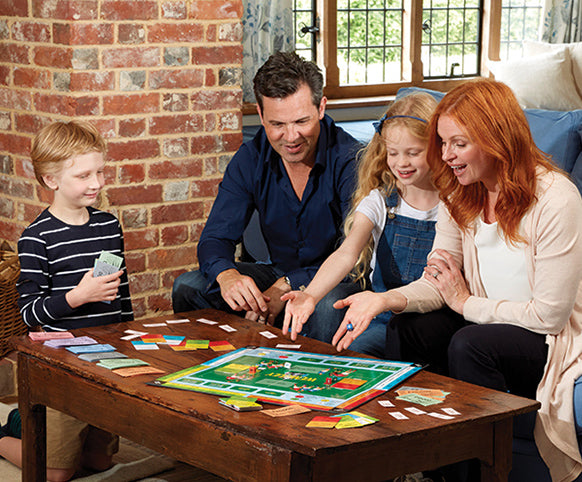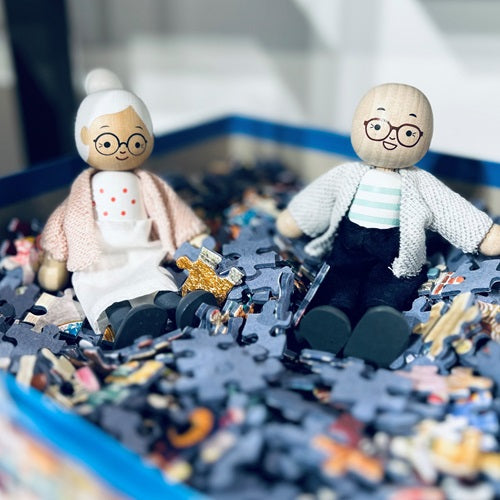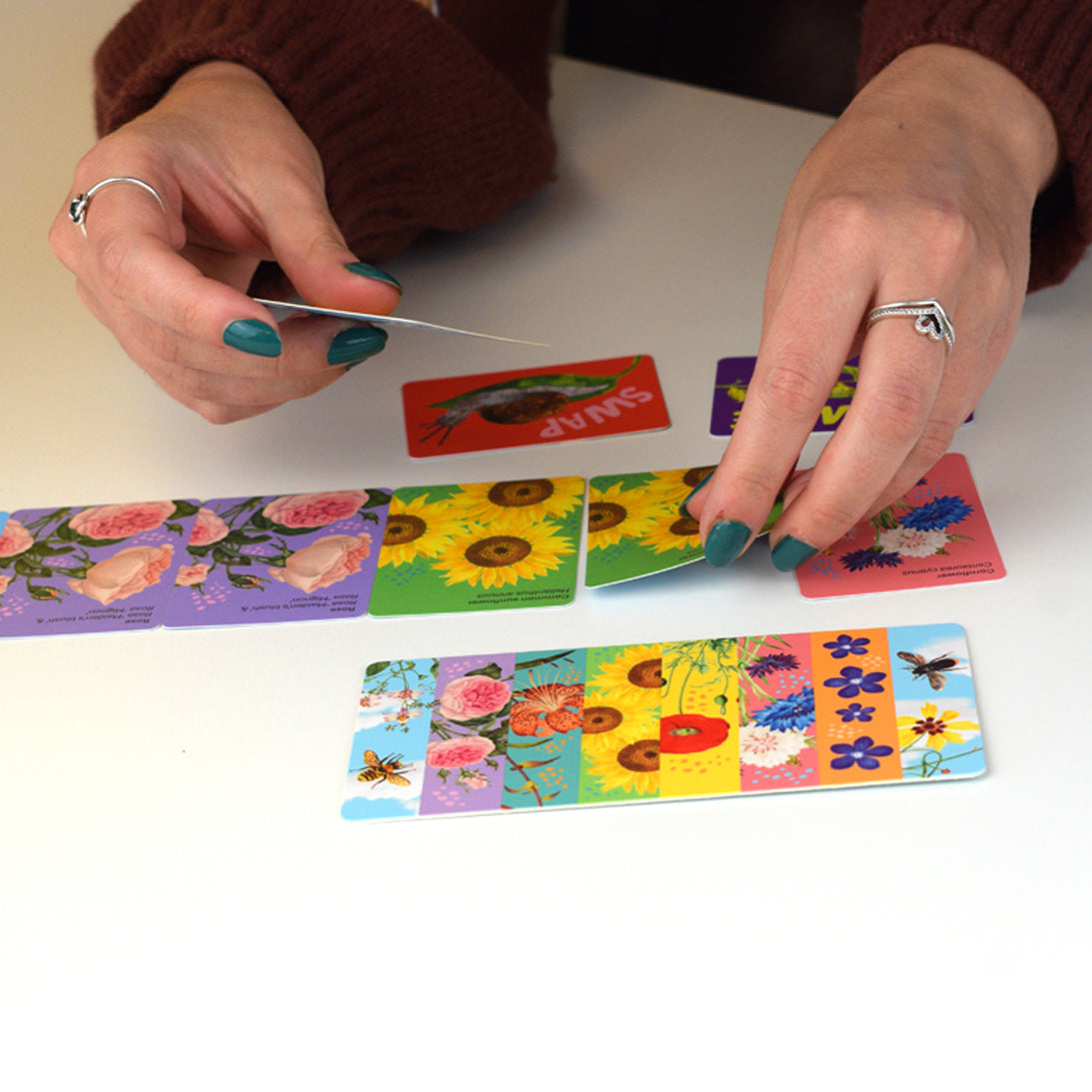
At Gibsons, we work hard to provide those living with dementia with pastimes that they can enjoy. Our games and XL piece puzzles are a brilliant way to pass the time and engage with those who are suffering. But there is plenty one can do to help prevent the development of dementia, which we have explored below.
The risk for developing dementia doubles every 5 years for people over the age of 65, but by taking steps towards prevention, you can preserve memory function and other important cognitive skills as you age. Games and puzzles exercise and strengthen recall, problem solving and communication, which typically diminish with the onset of dementia. Through game play, older people can also foster interpersonal relationships and improve socialization skills, which is crucial in the fight against dementia.
Games Can Improve Memory
One of the most significant effects of dementia is memory loss, which can be distressing and diminish a person’s ability to perform important daily tasks. Card and board games can stimulate recall, simply in learning and applying the rules of the game. Certain games in particular can encourage memorization, for example, in a game of rummy, it’s important to remember which cards others have picked up or discarded in order to win the game. You can also find games that are geared towards learning a new language, solving math problems or testing your knowledge of trivia.
Playing Games Encourages Creative Problem-Solving
Exercising your brain with puzzles and games keeps the mind active and strengthens a number of important skills, such as problem-solving and focusing on a task. Chess, checkers and mahjong are challenging games of strategy, which involve using many different parts of the brain to solve a problem. Jigsaw puzzles promote visualization, improve fine motor skills and activate neural circuits to bolster mental acuity.
Play is one of the first ways in which children begin forming bonds with each other and building friendships. As we get older, social interaction may take on different, more mature forms, however, games still provide a fun and organic way to connect with others. Social activity through game play stimulates the mind in a variety of ways, building vocabulary, encouraging communication and promoting teamwork. A weekly card game also gives you something to look forward to and is an easy way to spend time in the company of others. Assisted living facilities can improve clients' wellbeing and prevent dementia, as well as depression in seniors, by providing a number of puzzles, board games and cards for residents to play with each other and with staff.
Playing games regularly can prevent the onset and progress of memory loss and the loss of other cognitive skills associated with dementia. Regularly engaging with games and puzzles, along with maintaining a healthy lifestyle, can make a difference later in life. Finding a game-playing group, whether it’s in an assisted living facility, a local rec centre or a house of worship can halt dementia and help you enjoy a better overall quality of life.




0 comments